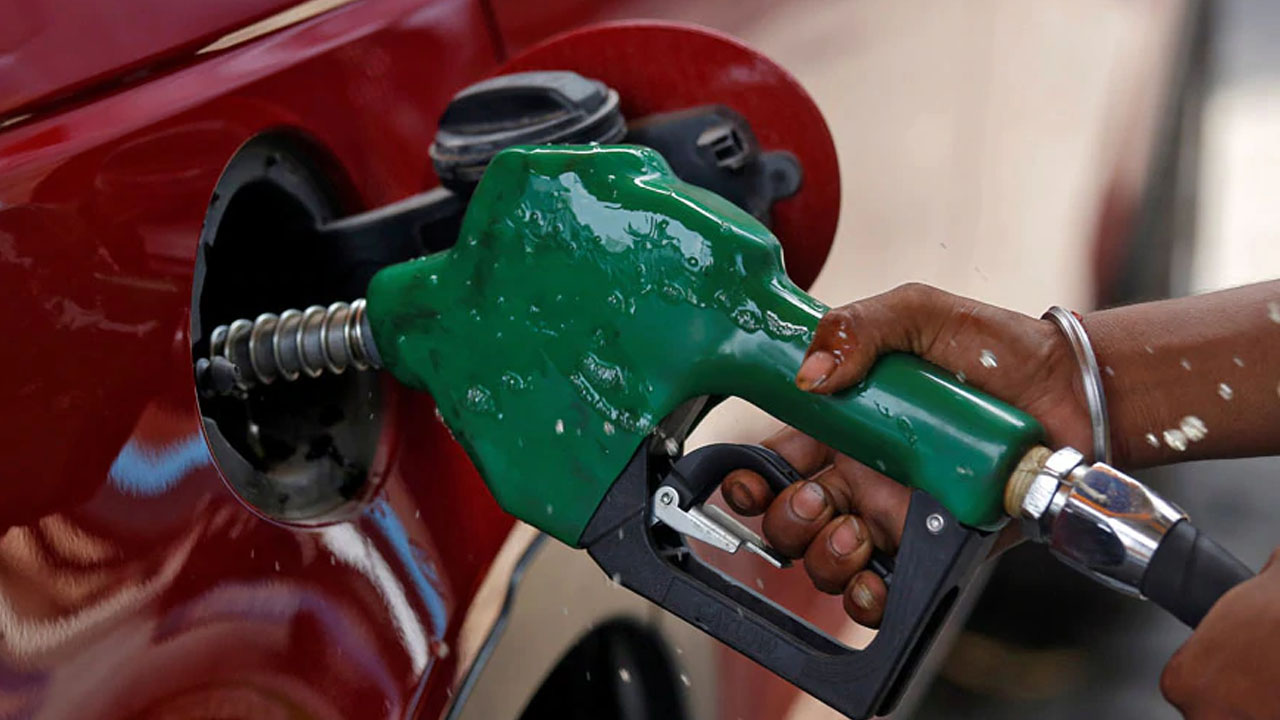The Nigerian Midstream Downstream Petroleum Regulatory Authority (NMDPRA) has revealed that domestic refineries are producing less than 50 percent of the country’s daily petrol demand, forcing Nigeria to rely heavily on imports to bridge the gap.
Ogbugo Ukoha, the Executive Director for Distribution Systems, Storage, and Retailing Infrastructure at NMDPRA, disclosed this during a stakeholder meeting in Abuja on Wednesday.
Ukoha stated that Nigeria currently consumes approximately 50 million litres of petrol daily, a significant drop from the pre-subsidy removal average of 66 million litres. He attributed the decline in consumption to the removal of fuel subsidies by the President Bola Tinubu-led administration, which took effect on May 29, 2023. Despite the demand reduction, local refineries have been unable to meet even half of the daily requirement, necessitating imports to cover the shortfall.
“Between January and February 2025, less than 50 percent of our daily petrol demand is being met by domestic refineries. The remaining shortfall is sourced through imports,” Ukoha explained. He emphasized that the Petroleum Industry Act (PIA) mandates the regulator to ensure sufficient supply of petroleum products across the country, even if it means resorting to imports.
Ukoha also noted that none of the oil marketing companies (OMCs) operating local refineries have imported petrol into the country this year. Instead, other OMCs have stepped in to bridge the gap. “If we did nothing to address this shortfall, we would face scarcity. The regulator is committed to ensuring that there is sufficient supply of petroleum products nationwide,” he said.
The NMDPRA official highlighted the importance of maintaining a stable supply chain, especially during critical periods like the Yuletide season, which passed without fuel scarcity. He reiterated that the regulator would not hesitate to invoke the PIA’s provisions, including designating a “supplier of last resort,” to ensure uninterrupted supply.
The reliance on imports underscores the challenges facing Nigeria’s refining sector, despite efforts to boost local production. The situation has raised concerns about the country’s energy security and the need for increased investment in domestic refining capacity.
Ukoha’s remarks come amid ongoing efforts by the federal government to revitalize the oil and gas sector, including the rehabilitation of state-owned refineries and the promotion of private sector participation. However, until local refineries can significantly ramp up production, Nigeria will continue to depend on imports to meet its petrol needs, leaving the economy vulnerable to global market fluctuations.
As stakeholders continue to seek solutions, the NMDPRA has assured Nigerians of its commitment to maintaining a stable and efficient petroleum supply chain, even as it works to address the structural challenges in the refining sector.













